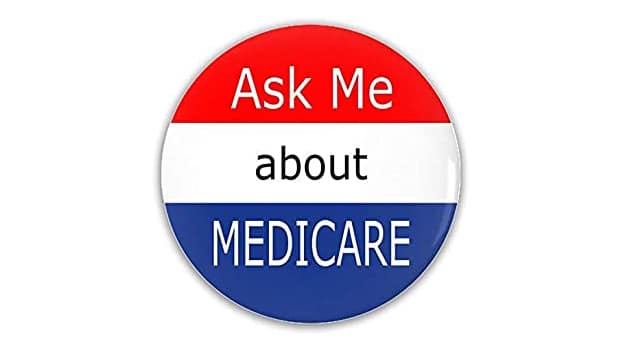What is Medicare?
Medicare is a federal health insurance program for eligible U.S. citizens and legal residents, funded in part by taxes you pay while working.
Who is eligible for Medicare?
U.S. citizens and legal residents are eligible for Medicare. Legal residents must live in the U.S. for at least 5 consecutive years, including the 5 years prior to applying for Medicare.
Another requirement is that you must also be 65 or older. You can qualify for Medicare if you are younger than 65 and have a qualifying disability or have been diagnosed with end-stage renal disease or Amyotrophic lateral sclerosis (ALS).
What is the cost of Medicare Part A and Part B?
Medicare Part A premium is usually free if you or your spouse worked and paid taxes for 10 years or longer. If you are under 65, you could get premium free Part A if you receive social security disability benefits for 24 months or if you have end-stage renal disease and meet certain requirements. If you do not qualify for premium free Part A, you will pay $458 each month. Click on the link for more information about the Part A premium: https://www.medicare.gov/your-medicare-costs/part-a-costs
Medicare Part B standard premium for 2020 is $144.60. Most people pay the standard part B premium amount; however, if your modified adjusted gross income, as reported on your taxes 2 years prior from applying for part B, is above a certain amount, you will still pay the standard premium of $144.60 plus an Income Related Monthly Adjustment Amount (IRMAA). Click on the link for more information about Part B IRMAA: https://www.medicare.gov/your-medicare-costs/part-b-costs.
What is Part A and Part B and what do they cover?
|
Medicare Part A: Hospital Insurance |
Medicare Part B: Medical Insurance |
|
Hospital room and meals |
Doctor visits, including when you are in the hospital |
|
Lab tests, X-rays and medical equipment as an inpatient |
An annual wellness visits and preventive services |
|
Operating room and recovery room |
Mental health care |
|
Care intensive care |
Clinical laboratory services |
|
Drugs administered during inpatient |
X-rays, MRIs, CT scans, EKGs and some other diagnostic tests |
|
Hospice care, including medications to manage symptoms and pain |
Some health programs |
|
Rehabilitation service after a qualified inpatient stay |
Physical therapy, occupational therapy and speech-language pathology services |
|
Skilled nursing service |
Diabetes screening, education and certain supplies |
|
Some blood transfusions |
Ambulance and emergency room services |
|
Ambulatory surgery centers services |
Click on the link to see what Medicare will cover: https://www.medicare.gov/coverage.
There are some things that Medicare does not cover, such as custodial or long-term care. To learn more about what isn’t covered check out our blog, “5 Things Medicare Doesn’t Cover.”
If you are approaching your 65th birthday and need some guidance on the ins and outs of Medicare, call Hovis & Associates at (800) 411-0737 or check out our Medicare FAQs on our website. We make the complicated SIMPLE!
#WeAreHovis #MedicareAgent #HovisAgent

